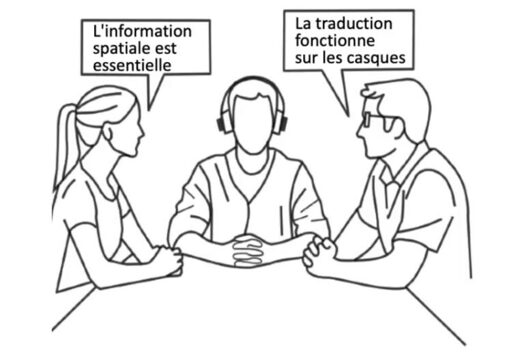Dems Demand Answers from Palantir About Plans to Build IRS “Mega-Database” of American Citizens
-
This post did not contain any content.
-
This post did not contain any content.
Is this a red line
-
This post did not contain any content.
Palantir says “Fuck off,”.
-
This post did not contain any content.
Wyden, Ocasio-Cortez Demand Answers from Palantir About Plans to Build IRS “Mega-Database” of American Citizens
Aaannd...
Just exactly what will fucking happen when Palantir tells y'all to fuck right off (with the backing of this attempt at an administration)???
Fuck all is exactly what will happen.

 ️
️ 
 ️
️ 
-
Is this a red line
I believe the holocaust museum calls these sorts of lists the point of fight now or die one by one
-
Wyden, Ocasio-Cortez Demand Answers from Palantir About Plans to Build IRS “Mega-Database” of American Citizens
Aaannd...
Just exactly what will fucking happen when Palantir tells y'all to fuck right off (with the backing of this attempt at an administration)???
Fuck all is exactly what will happen.

 ️
️ 
 ️
️ 
It's already happened.
-
Is this a red line
Of all the red lines we’ve crossed so far, this one almost feels like small beans. The standard has gotten very out of whack in a very short time.
-
Is this a red line
Should it be? Yep, along with countless other things people have just let go.
However if folks don’t wake the fuck up soon it really won’t matter.
And yes, I know about the “No Kings” rallies and 3.5% and all that - just ping me when there are actual CHANGES resulting from it.
-
This post did not contain any content.
Dems pretend to matter.
-
This post did not contain any content.
If you ever registered democrat (or any left-of-center party), you are probably already a list of people that they will murder
-
This post did not contain any content.
If they don't comply, the Dems are going to SLAM and BLAST them with slightly strong language, but no swearing allowed and no actions.
-
This post did not contain any content.
If they're talking about it openly, I bet it already exists
-
If you ever registered democrat (or any left-of-center party), you are probably already a list of people that they will murder
I'll take as many pigs with me as I can.
-
This post did not contain any content.
Karp + Musk + Thiel + Vance + Trump =

-
If they're talking about it openly, I bet it already exists
Palantir has more data on more people in the world likely than any other corporation, and Peter Thiel is trying to wield it to collapse global democracy, so yes
-
If they're talking about it openly, I bet it already exists
100% accurate - these systems are always built in phases with existing IRS data already being indexed and structured in Palantir's Gotham platform long before public announcements, they just need congressional approval for the final intergration of the full dataset.
-
If they don't comply, the Dems are going to SLAM and BLAST them with slightly strong language, but no swearing allowed and no actions.
Well, some are, and be formally condemned by the rest of the party for breaking decorum
-
If they don't comply, the Dems are going to SLAM and BLAST them with slightly strong language, but no swearing allowed and no actions.
You DO NOT want to make this man angry.

-
This post did not contain any content.
Sternly Worded Letter incoming.
-
You DO NOT want to make this man angry.

Strongly worded letter coming up
-
Simple Wikiclaudia: Chrome extension that finds a simple.wikipedia.org version of any wiki article. If one exists, click to open it; otherwise, it uses Claude or ChatGPT to simplify it.
Technology 1
1
-
-
-
‘I blame Facebook’: Aaron Sorkin is writing a Social Network sequel for the post-Zuckerberg era
Technology 1
1
-
-
-
-
EU ruling: tracking-based advertising by Google, Microsoft, Amazon, X, across Europe has no legal basis
Technology 1
1





